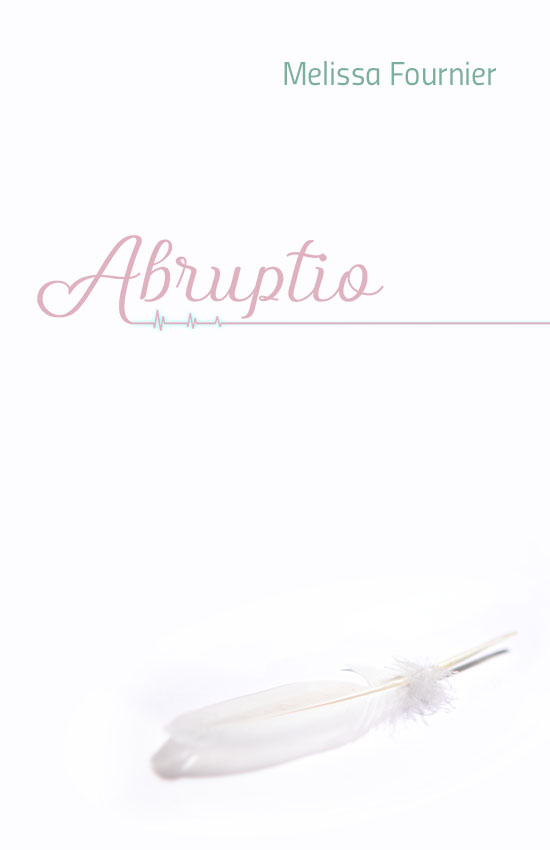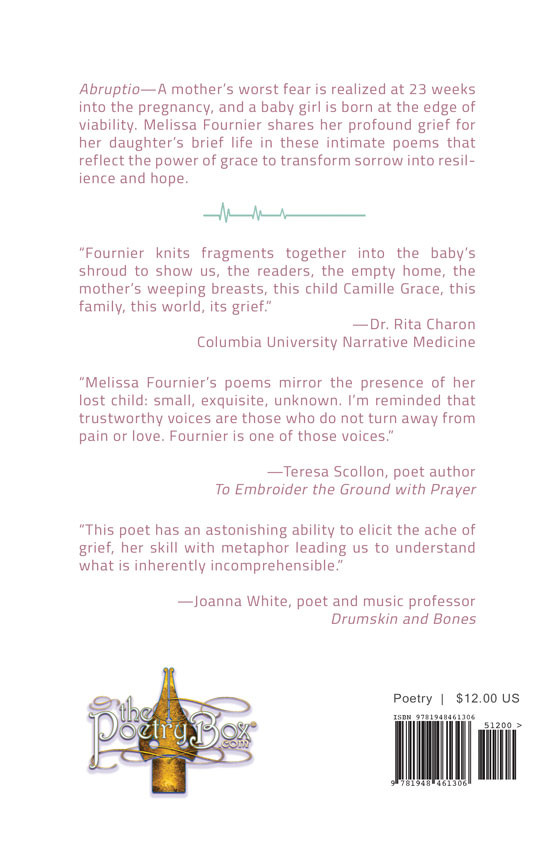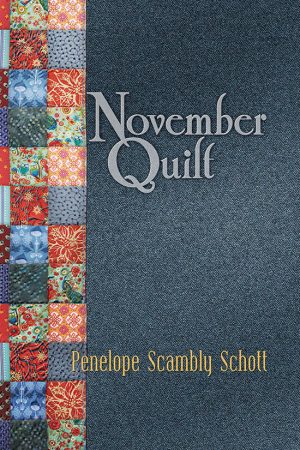Description
Abruptio
by Melissa Fournier
A mother’s worst fear is realized at 23 weeks into the pregnancy, and a baby girl is born at the edge of viability. Melissa Fournier shares her profound grief for her daughter’s brief life in these intimate poems that reflect the power of grace to transform sorrow into resilience and hope.
About the Author
 Melissa Fournier is a wife, mother, and social worker living in Traverse City, Michigan. Her poetry has appeared in Dunes Review, The Sow’s Ear Poetry Review, Pulse: Voices from the Heart of Medicine, and Medical Literary Messenger. She is co-editor of AFTER, Stories about Loss and What Comes Next (Barnwood Books, 2019). She has a background in mental health, adult, pediatric and perinatal hospice, is a student of Narrative Medicine, and works as the program director for a non-profit bereavement center, where she continuously dares to choose a life of joy and awe.
Melissa Fournier is a wife, mother, and social worker living in Traverse City, Michigan. Her poetry has appeared in Dunes Review, The Sow’s Ear Poetry Review, Pulse: Voices from the Heart of Medicine, and Medical Literary Messenger. She is co-editor of AFTER, Stories about Loss and What Comes Next (Barnwood Books, 2019). She has a background in mental health, adult, pediatric and perinatal hospice, is a student of Narrative Medicine, and works as the program director for a non-profit bereavement center, where she continuously dares to choose a life of joy and awe.
What They’re Saying…
In this collection, Melissa Fournier’s poems mirror the presence of her lost child: small, exquisite, unknown. Speaking quietly and directly, Fournier evokes what will remain forever unsaid—grief which cannot be completely limned, the potential life which will not be realized, the mysteries of faith and dreams.
Like the goldfinch in the eponymous poem, all of these poems are spare and unsparing; light enough to hold easily in the palm of the hand but carrying tremendous emotional heft. I’m reminded that trustworthy voices are those who do not turn away from pain or love. Fournier is one of those voices.
Teresa Scollon, poet and author
To Embroider the Ground with Prayer
This extraordinary collection of images, as spare as Japanese paintings, gives the reader a sensation of being in the poems and artfully conveys, not only what is in a scene but what is tragically absent; we fully realize what is kept and what has been taken away. With her sensual language, this poet has an astonishing ability to elicit the ache of grief, her skill with metaphor leading us to understand what is inherently incomprehensible. Beginning with the Kandinsky circles, which announce the rich hue of blood and the gong of the singing bowls, we are alerted to the start of a pivotal event so sad and so requiring of reflection, that we cannot turn away. Images heighten our senses, from the sky-fallen goldfinch to the fused eyelids to the hungry fox to the desperation of Jochebed. We blur into the backwards-counting haze of anesthesia, swallow at the leaf taped to the patient’s door, look up at the transformation of cherry blossom branches into mother’s lace-covered sleeves, and clench at the hurl of the pear. You cannot open this book without entering this world of impossible decisions and unimaginable outcomes, and I doubt you can read it without tears. But read it…because then you will know you are not alone.
~ Joanna White, poet and music professor
The nurse tapes a sign on her hospital room door to warn the other staff that this mother’s baby has died. Untethered, these poems of grief and rage capture, somehow, the delicacy of the dead child’s eyes, the surreal vision of the ravenous fox in the henhouse, and the simple fact of blossoms blooming at the burial. Blood takes turns with the bloodless. The mother of Moses hides her blessed infant in the reeds while Thomas doubts his Christ is ever coming back. In a poetic voice of unwanted authority and fearless sight, Fournier knits fragments together into the baby’s shroud to show us, the readers, the empty home, the mother’s weeping breasts, this child Camille Grace, this family, this world, its grief.
~ Dr. Rita Charon, Columbia University Narrative Medicine










Reviews
There are no reviews yet.